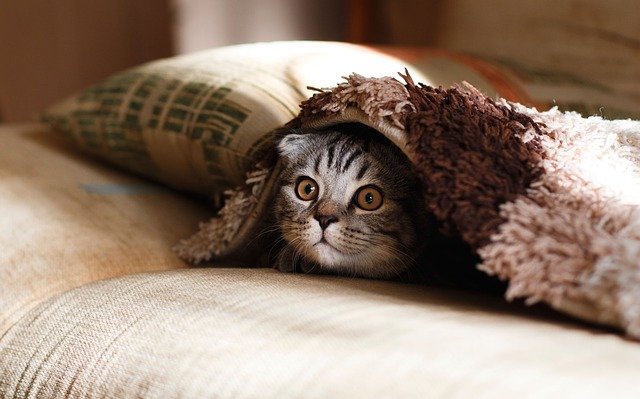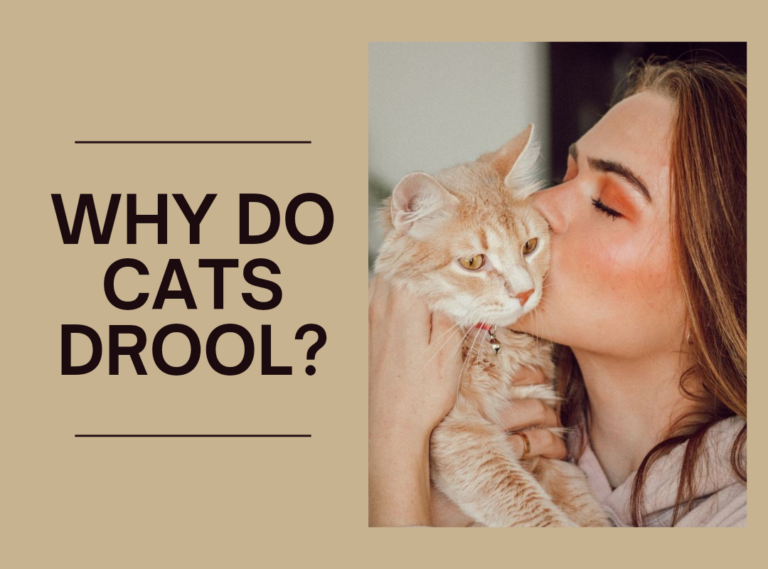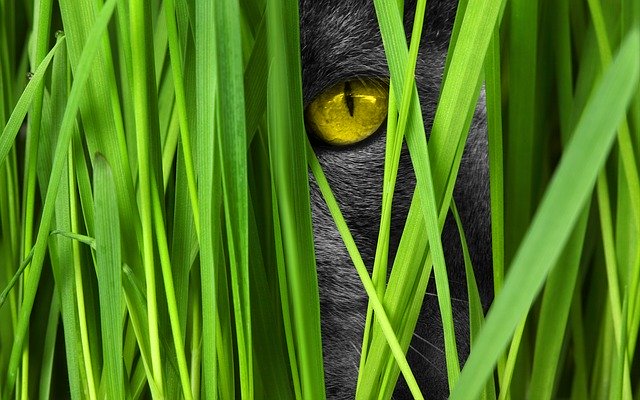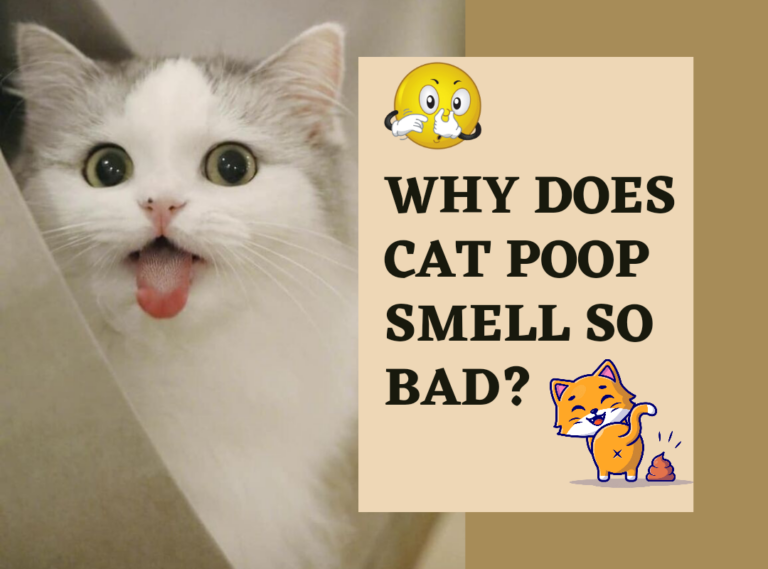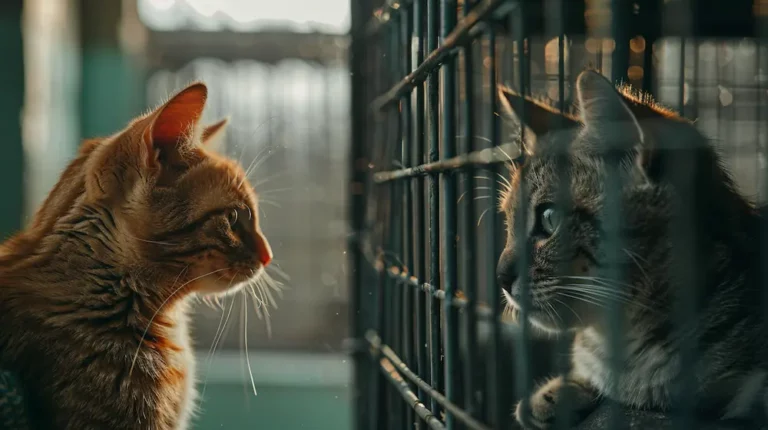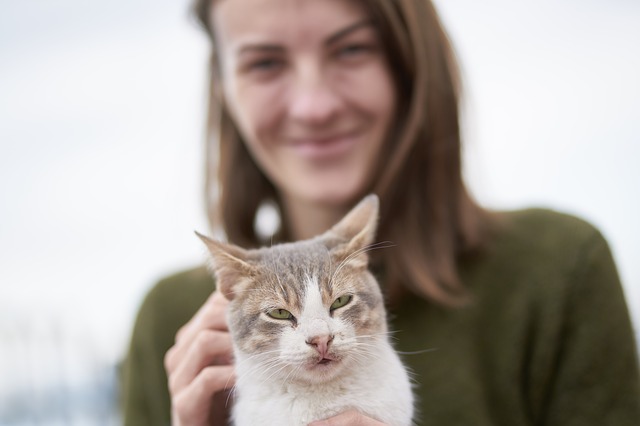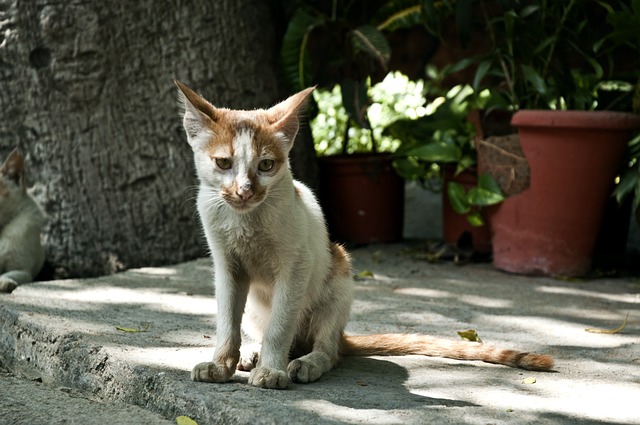Why Do Cats Drool When Kneading?
I’ve had several cats in the past, but the one I’ve been a guardian to for several years now always drools when I pet her or when she comes and sits on me.Â
At first, I was puzzled by this behavior and couldn’t understand why it happened. But then I remembered that this is something that kittens always do so as to stimulate their mother’s milk secretion.Â
Drooling can happen for a number of other reasons, though, and we’re going to discuss all of them in this article.Â
Why do cats drool when kneading?
Physiological drooling is often associated with kneading, or as some people call it, ‘making biscuits’. Cats do this on a variety of soft surfaces, whether your pillow or a blanket that they love, but also people that they are affectionate to.Â
As previously noted, kittens knead their mom’s abdomen when they’re young so that the milk is released easier. What’s less known, however, is that saliva has some scarring and healing properties in almost all animals, including people.Â
So while cats do knead and drool when they’re happy and secure, they do it when they’re young so as to ‘soften’ the nursing activity for their mothers.Â
Other reasons cats drool
If you’ve noticed that your
Stress is one of the first causes of drooling in more than 70% of cats. If you take your feline buddy to the vet clinic, you’ll notice excessive drooling, to the point that the
This symptom is usually accompanied by others, such as purring since the
Dental disease is another reason why some cats drool, especially geriatric ones. Periodontal disease, tooth injuries, gum disease, or pretty much any lesion inside the
Nausea can also cause drooling, and this is something that my
Toxin exposure
Intoxications can be more or less common in outdoor cats, especially those that tend to hunt down small rodents, whether for fun or for sustenance.
Here are some examples of toxic things that can cause excessive drooling at the beginning of the intoxication process:
- Onion or garlic
- Rat poison
- Some household cleaners (such as bleach)
- Plants like lilies or tulips
- Human and pet medications (including acetaminophen)
- Antifreeze
- Insecticides, whether for pets or for spaces (your garage or garden)
When’s it time to be worried?Â
If your
Keeping an eye on your
If you notice any other symptoms besides the drooling, such as diarrhea, weakness, the presence of parasites in her stool or her vomit (this can happen in severe infestations), or if you suspect that she swallowed something she shouldn’t have, go to the vet as soon as possible.
Time is of the essence when it comes to treating feline disease, especially since cats are so good at covering their clinical signs.  Â
